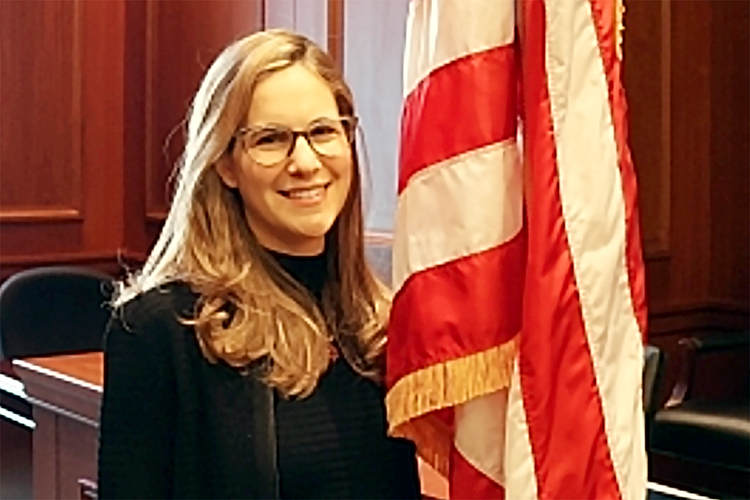Louisiana governor signs law reallocating money from death penalty appeals to local public defenders
Amid high-profile problems with its indigent defense funding, the state of Louisiana is revamping how its existing funds are allocated.
According to the New Orleans Times-Picayune, Governor John Bel Edwards signed a law on Monday that changes how Louisiana’s Public Defender Board allocates its funds. The law guarantees that at least 65 percent of state funding for indigent defense would go to local offices. Currently, those local offices are receiving about 50 percent of the funding.
Indigent defense funding is a major concern in Louisiana at the moment. As of March, 33 of the state’s 42 public defender offices had started refusing cases, using waitlists or otherwise restricting services. Among those is the Orleans Public Defenders, whose district includes New Orleans, which was sued over its waiting lists in January by the ACLU. The lawsuit, which also names the head of the Louisiana Public Defender Board, argues that Louisiana has failed to adequately fund indigent defense at the state level.
That caused a backlash from some Louisiana prosecutors, who argued that funding is sufficient, but that the state Public Defender Board is moving money around to manufacture a funding crisis with the ultimate goal of abolishing the death penalty, according to the Advocate. Louisiana State Public Defender Jay Dixon denies this. Although capital cases are less than one percent of all Louisiana criminal cases, Dixon says about 28 percent of the board’s budget goes to death penalty cases, which are notoriously slow and expensive.
The new law doesn’t change the total amount allocated to the Louisiana Public Defender Board, but it affect how much of the state money can be allocated to capital cases. It also doesn’t address local funding, which is the bulk of public defender offices’ funding and comes mostly from local traffic tickets and court fees. As a result, Dixon told the Times-Picayune in April, this law doesn’t address the underlying funding problem. It could help create more stability in funding for local offices, which could helpful for them—but it’s also likely to slow down death penalty cases.
The Chief Justice of Louisiana, Bernette Johnson, told the state legislature in March that insufficient funding for public defenders could cost the state more in the long run because it puts convictions at risk of being retried or reversed, reported the Times-Picayune in an earlier story. A judge in New Orleans ruled in April that the state must release seven defendants accused of serious crimes because they had been held without counsel for several months.
Write a letter to the editor, share a story tip or update, or report an error.


